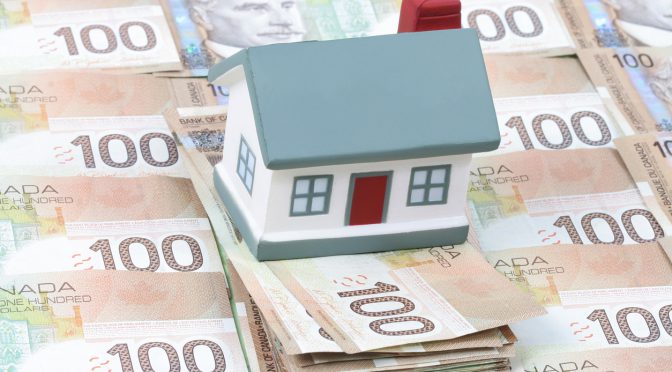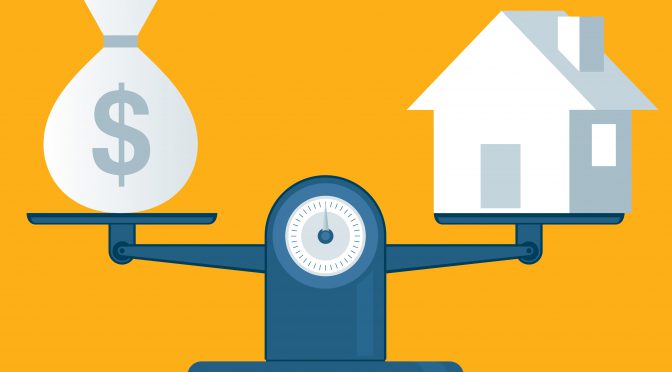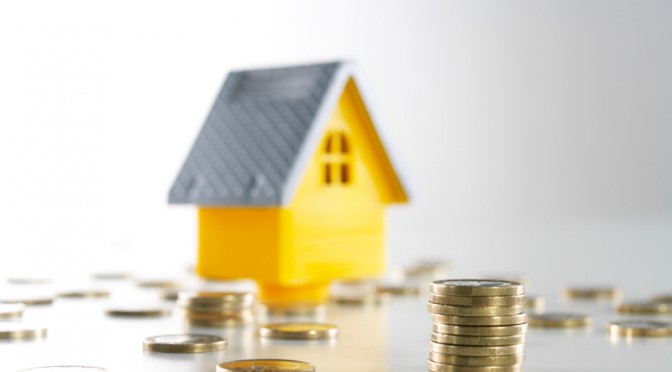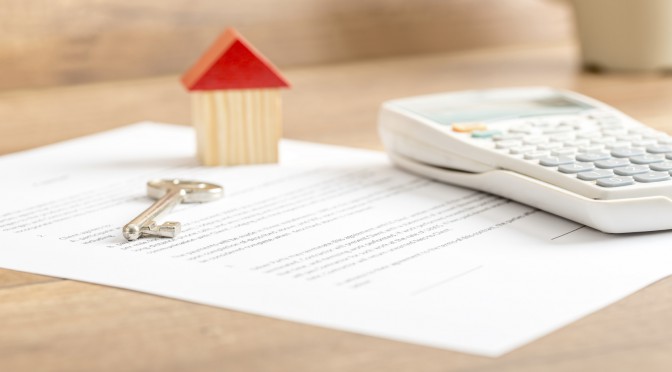5 tips for making a dent in your debt.
According to a BMO 2015 home-buying report, the average Canadian expects to pay off their mortgage by age 59 — but 31 per cent think they’ll still have a mortgage by their 65th birthday. Looking to ditch your debt quicker — without over-extending your budget? It may save you hundreds (if not thousands) in the long run.
The biggest benefit is saving money on interest charges. The longer it takes to pay down your mortgage, the more you’ll pay in interest. The BMO report found that, on average, Canadians believe they’ll pay approximately $60,000 in interest on their mortgage (and this number hits $100,000 for B.C. residents).
First-time homebuyer tip: Curious how mortgage payments work? It’s all about the amount of money you’re borrowing and the length of the loan. Based on these factors, your lender will calculate your payment schedule. Some of your payment will go toward interest (the amount paid on the amount you borrowed), and some will go toward your principal (the amount initially borrowed under the mortgage). You may pay more toward interest than principal in the first few years of your loan, and more toward principal in the later years. Calculate your potential payment schedule with our nifty mortgage calculator.
[……]







